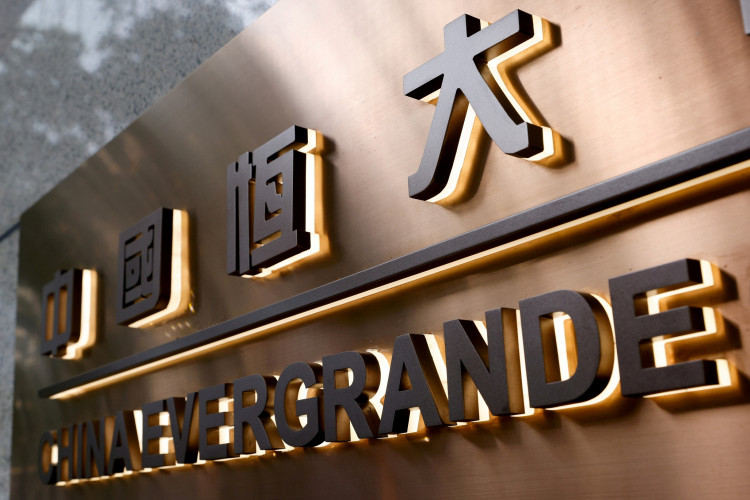In a fresh blow to China's beleaguered property developer, China Evergrande Group, shares of the company plummeted by a staggering 25% on Monday. This sharp decline came in the wake of the detention of several staff members from its wealth management unit, hinting at a potential new investigation that could exacerbate the company's already precarious situation.
The image of Evergrande's headquarters in Shenzhen, Guangdong province, has become emblematic of the challenges facing China's real estate sector. Once a symbol of the nation's rapid urbanization and economic growth, it now stands as a testament to the risks of over-leverage and the potential fallout from a property market downturn.
The recent detentions suggest that regulatory scrutiny on Evergrande is intensifying. While the exact reasons for the detentions remain unclear, the move has undoubtedly rattled investors, leading to a sell-off of Evergrande's shares. The company, which was once China's top-selling property developer, has been grappling with more than $300 billion in liabilities, raising concerns about a potential default that could send shockwaves through China's financial system and even have global implications.
Evergrande's troubles have been mounting for months. The company has struggled to sell assets, and several of its projects across China have been halted. Suppliers, fearful of not being paid, have halted shipments, and protests by homebuyers, investors, and even its own employees have become a common sight outside its offices.
The potential new investigation into its wealth management unit adds another layer of complexity to Evergrande's challenges. The unit has been under the spotlight for its aggressive sales tactics and promises of high returns to investors. With the company's liquidity crisis deepening, there have been growing concerns about whether Evergrande can meet its obligations to these investors.
The broader implications of Evergrande's crisis are also coming into focus. Analysts have warned that a messy collapse of the company could lead to a credit crunch in China, affecting other property developers and potentially leading to a broader economic slowdown. The Chinese government, while emphasizing that Evergrande's issues are an isolated case, has been taking steps to ensure financial stability and prevent systemic risks.
For now, all eyes are on Evergrande and how it navigates its mounting challenges. The company has repeatedly assured investors and the public that it is taking steps to address its debt issues and is in talks with potential buyers for some of its assets. However, with each new development, such as the recent detentions, confidence in the company's ability to weather the storm is being tested.
In the coming weeks, Evergrande's actions and the response of Chinese regulators will be closely watched by investors, analysts, and policymakers around the world. The fate of Evergrande, once a shining star in China's property market, now hangs in the balance, with potential repercussions that could be felt far beyond its headquarters in Shenzhen.





